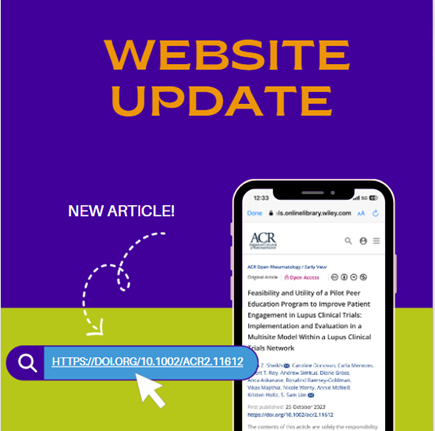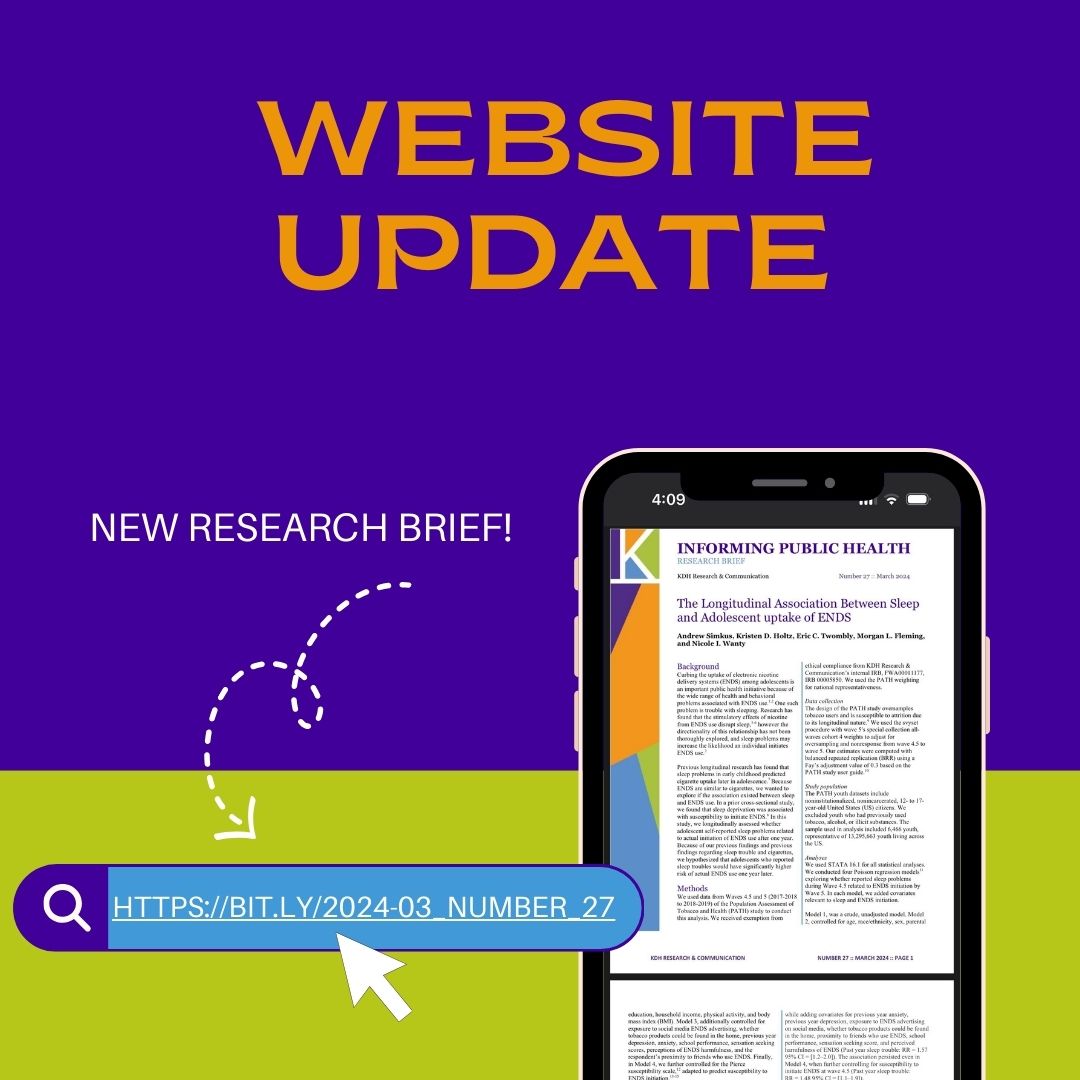Did you know that Children’s Healthcare of Atlanta (CHOA) is opening a new hospital in…

Published: New Research Paper on Peer-supported Clinical Trial Navigation
This month, ACR Open Rheumatology published a new paper authored by several KDHRC staffers: Andrew Simkus, Nikki Wanty, Annie McNeill, and Kristen Holtz. In this article, KDHRC and our colleagues assessed outcomes on the Lupus Therapeutics’ Patient Advocates for Lupus Studies (LT-PALS) education program. Historically, racial and ethnic minorities are underrepresented in lupus clinical trials, limiting the ability to evaluate new lupus treatments for all populations.
The LT-PALS program addresses the marked need for racial and ethnic minorities to participate in lupus clinical trials to improve future lupus treatments. The LT-PALS education program uses an innovative peer-support program to partner with patient advocates to deliver clinical trial information to minority lupus patients. Here, we define a patient advocate as someone on a patient’s health care team that shares knowledge that empowers the patient to navigate the health care system better. Research shows that patient advocacy can improve clinical trial patient participation and retention.
To evaluate whether participants changed their knowledge, attitudes, self-efficacy, and intentions to participate in a lupus clinical trial, we used a two-arm, randomized pretest/posttest study design. Results suggest participation in LT-PALS is associated with significant improvement in knowledge and intention to participate in lupus clinical trials. Future research will build on these findings by increasing patient accessibility of the program to create online, in-person, or hybrid versions of LT-PALS and increasing the peer advocate training to include more practice before beginning patient outreach.
You can access this paper here to read about the LT-PALS education program evaluation in more detail: https://pubmed.ncbi.nlm.nih.gov/37881151/



